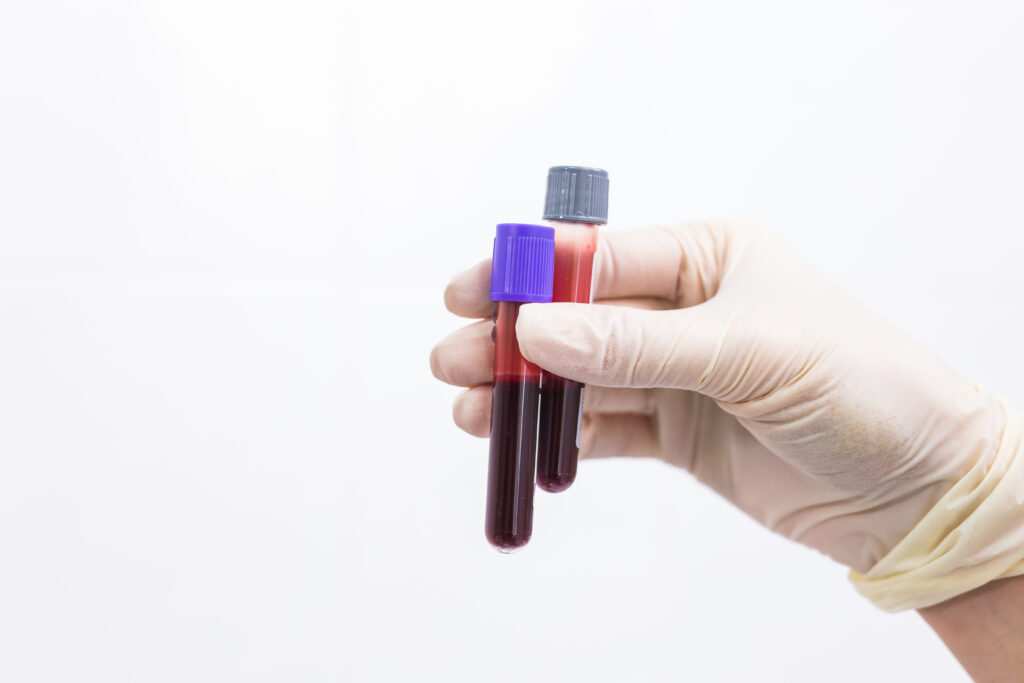What is a Ferritin Test?
The ferritin test is a simple blood test. It measures the amount of ferritin in your blood. Ferritin is a protein that stores iron in your body. Because of this, the ferritin test helps doctors check your iron levels. If you have too little or too much iron, it can affect your health. Many people get this test if they have symptoms of iron problems.
Why is the Ferritin Test Important?
Iron is vital for your body. It helps make red blood cells, which carry oxygen. Without enough iron, you may feel tired or weak. On the other hand, too much iron can harm your organs. Therefore, the ferritin blood test helps find iron problems early. Early detection can prevent serious health issues. According to the CDC, iron balance is key for good health.
Symptoms and Conditions That May Require a Ferritin Test
Doctors may suggest a ferritin test if you have certain symptoms. For example, you might need the test if you feel:
In addition, some conditions may require a ferritin blood test. These include:
How is the Ferritin Test Performed?
The ferritin test is quick and easy. First, a healthcare worker cleans your arm. Next, they use a small needle to take a blood sample. The process usually takes just a few minutes. Afterward, your blood goes to a lab for testing. Most people feel only a small pinch. You can return to normal activities right away.
Understanding Ferritin Test Results
Once your ferritin test results are ready, your doctor will explain them. Normal ferritin levels depend on age and gender. However, most adults have levels between 20 and 500 nanograms per milliliter (ng/mL). If your ferritin is low, it may mean you do not have enough iron. If your ferritin is high, you may have too much iron or another health problem. Your doctor will look at your results along with other tests.
Causes of High or Low Ferritin Levels
Many things can cause high or low ferritin levels. For example, low ferritin may be due to:
On the other hand, high ferritin levels can be caused by:
Because many factors affect ferritin, your doctor may order more tests to find the cause.
When to Consult a Doctor
If you have symptoms like ongoing tiredness, pale skin, or fast heartbeat, you should talk to a doctor. Also, if your ferritin test results are not normal, your doctor can help. Sometimes, more tests are needed to find the reason for low ferritin symptoms or high levels. Early treatment can prevent problems.
Prevention and Lifestyle Tips
While you cannot always prevent iron problems, you can take steps to stay healthy. For example:
In summary, healthy habits can help keep your iron levels in balance.
Conclusion
The ferritin test is a simple way to check your iron stores. It helps find problems early and guides treatment. If you have symptoms or concerns, consult a healthcare professional for personalized advice about ferritin testing.

